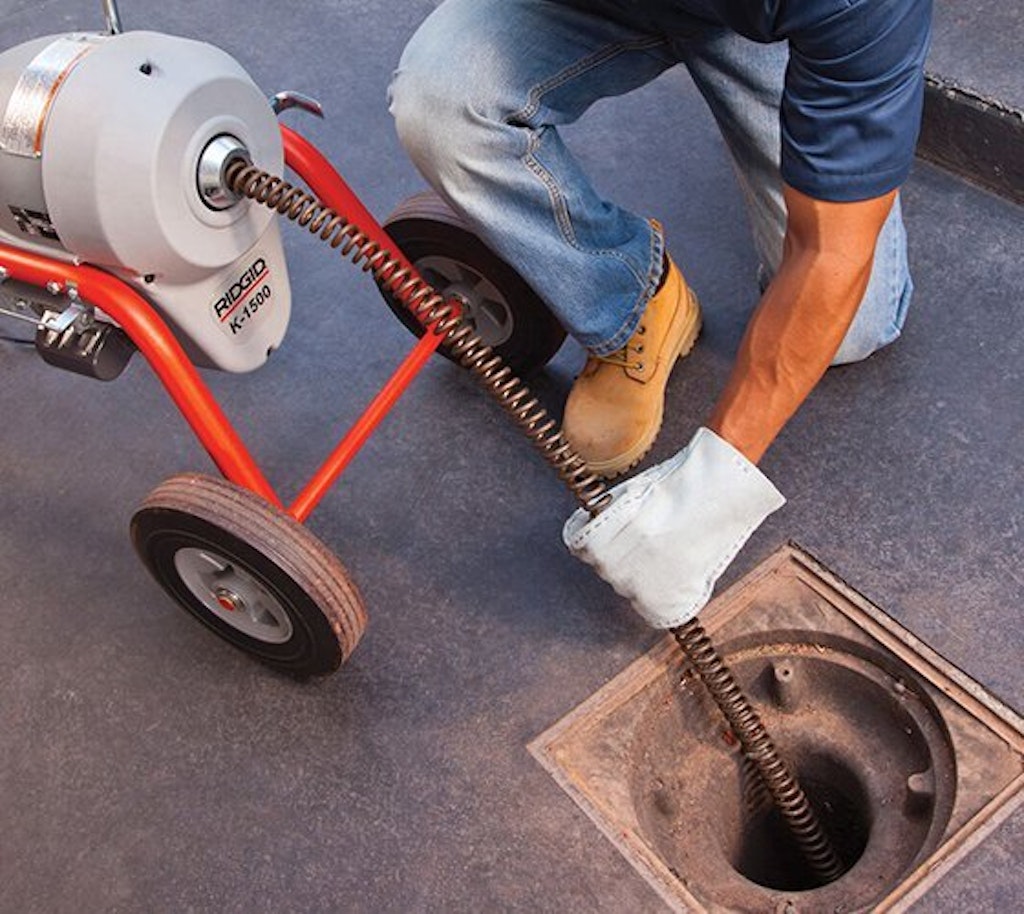Although clogged drains can happen for no apparent reason, the main issue we face at SOS Drainage & Plumbing Services is people mistreating their drainage systems by flushing objects that shouldn’t be down drains.
For businesses, the festive season is the busiest. Sadly, it may induce supervisors or staff members to overlook minor issues, such as tossing things down the drain that could seriously harm the system.
By reading our list of the top 10 things you should never flush down the drain but probably will, you may avoid the time and expense of calling a drainage specialist.
A drainage professional’s worst nightmare is fats, oils, and grease (FOG). FOG not only sticks to pipes’ interiors but also solidifies when cooled, eventually causing obstructions and assisting in fatberg formation. Although most people are aware that this is harmful, a recent poll found that despite increased awareness of fatbergs, nearly half of people still admitted to pouring FOG down the drain.
By correctly disposing of FOG, you can spare your wallet the expense of calling out a blocked drains company like SOS Drainage & Plumbing Services. Look at this post for thorough guidance on the best way to eliminate FOG.
Ground Coffee
Together with FOG, coffee grounds are considered one of the worst offenders for blocking drains. Coffee grounds may appear harmless enough to go down the drain, but because they aren’t completely water soluble, they can do serious damage to your drainage system. Coffee grounds can accumulate over time and clog drains; if you also pour FOG down the drain, this likelihood is increased.
Composting coffee grounds is the most environmentally friendly approach to dispose of coffee grounds because they are so beneficial for plant life.
Egg Shells
Eggshells are a less obvious thing that you should never flush down the drain. Egg shell particles not only contribute to and accelerate other blockages, but they can also seriously harm your sink. This is especially true if you have a waste disposal system. The egg’s membrane could separate and surround the grinding mechanism, while the hard outer shell could weaken the blades.
Egg shells should ideally be composted to prevent harm to drainage systems, just like coffee grounds.
Rice/Pasta
Expandable food like pasta and rice can be extremely damaging to your drainage system.Rice may all too easily slip down the drain and expand once it’s absorbed water Besides that, pasta is frequently coated with a sticky semolina flour that, like FOG, can make leftover food attach to the interior of pipes and result in blockages.
SOS Drainage & Plumbing Services Recommend buying a sink strainer that effectively captures food waste before it travels down the drain to prevent this.
Flour
If you’ve ever combined flour and water, you know that the result is a thick, gooey paste that is bad for drains because it can quickly coagulate and coat the interior of your pipes. Because of this, it is usually preferable to dispose of any extra flour in the bin rather than the sink.
Create Stickers
Although it’s likely that most people wouldn’t put product stickers in the drain on purpose, they can nonetheless easily fall into the sink when washing fruits and vegetables. This presents a challenge because they are often constructed of plastic and are not biodegrade. These annoying fruit stickers can eventually clog drains when combined with other drain waste.
Remember to put stickers in the bin prior to washing fruit and veg or make use of a sink strainer to catch them for you.
Toiletries
This includes cotton balls and feminine hygiene products, but in the UK, fatbergs have found that wet wipes pose the biggest threat. Even wipes that advertise as “flushable” can increase the risk of drain blockages because they promote the false idea that they are safe to flush. These allegedly “flushable” wipes actually frequently contain plastic, which delays their biodegradation. Wet wipes made up 93% of the debris that caused clogs in UK sewers, according to a 2017 analysis.
Always dispose of used toiletries in the bin, or look for an eco-friendly substitute.
Medicines
Drug disposal down the drain is extremely risky and never recommended. This is so that medications do not enter the environment or even return to our drinking water as a result of wastewater treatment plants’ inability to remove them from water. This may result in a number of issues, such as antibiotic resistance.
You must bring any unused or expired prescriptions to your local pharmacist, who will have access to a medical waste disposal facility, in order to safely dispose of them.
toxic substances
As with medicines, hazardous compounds found in cleaning supplies, paints, oils, and solvents cannot be removed by wastewater treatment plants. These substances will eventually contaminate the environment and get into the sea.
Condoms
Almost 20% of guys flush down the toilet. This not only exacerbates the fatberg problem, which is getting worse, but it additionally has adverse impacts on the environment. Condoms that are flushed will inevitably end out in the water, where various marine life may mistake them for food. It is estimated that it would take about 30 years for the latex to degrade in the ocean due to the chemicals added to extend the shelf life of condoms.
The best practise is to dispose of used condoms in the bin because the latex is more likely to degrade on land and won’t harm our already plastic-polluted oceans.
Should you encounter a blocked drain due to items that have been put down there, our drain unblocking service will help resolve the problem. Once the drain is unblocked and free flowing again, remember to avoid putting any of the items listed above down the drain.


